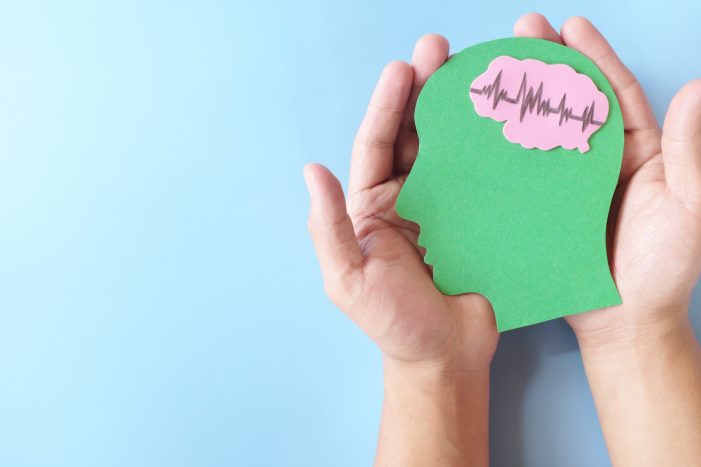Rockwall, TX (December 11, 2023) – Is it me? Am I not enough for you?
Is it the children? Our marriage? Your job?
From an outsider’s perspective, everything appears status quo, so why is your spouse unhappy?
Our society dictates rigid expectations for masculinity, offering a deeply ingrained notion that vulnerability is a sign of weakness. Like women, men grapple with a spectrum of emotions, yet they are discouraged from seeking help when their feelings become too big to handle on their own. Men with depression are reluctant to admit it and often cannot even verbalize the words “I am depressed.” Depression in men often manifests as anger, fatigue, body pain, sleep disturbances, erectile dysfunction, eating disorders, rage, increased irritability, lack of concentration, lack of interest at work and in family, self-medicating with street drugs, and suicidal thoughts. Internal psychological turmoil is often unpurposefully re-directed at their partner or children.
Often times, masculinity and stoicism are viewed as synonyms. Emotions such as anger, aggression, and hyper-competitiveness have historically led to destructive societal problems like war, homicide, and violent crimes. Therefore, these emotions are highly discouraged in males from a young age. The suppression of male emotions leads us to believe that women experience more emotions than men. However, the opposite may be true when it comes to emotional extremes.
Although both men and women are affected by mental illness, frequently, it is overlooked in males, who are far less likely to seek mental health treatment than women. However, depression and suicide rank as the leading causes of death among men. Dampening anger and rage is appropriate, but men must feel comfortable verbally expressing their emotions.
Concealing emotions from others results in burying them internally, leading to dysfunctional emotional expression, less self-awareness, and, ultimately, depression. Depression is not gender-specific and often manifests from a history of trauma. No man or woman willingly adopts depression, and we need to stop dispiriting the sufferer. When someone is struggling with depression, sharing their feelings and emotions is vital to help ameliorate the problem. We can become better friends, partners, and parents if we support and encourage males to seek help and destigmatize the silent struggle.
Guest column by Jodi Kennedy of Rockwall, a PhD student at Texas Woman’s University in Denton, studying Nursing Science.








